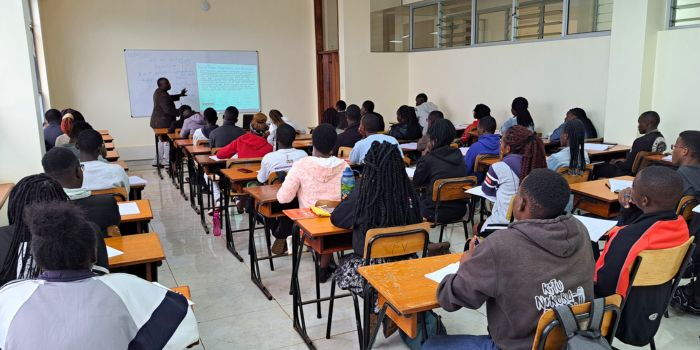The Kenya Primary Schools Headteachers Association (KEPSHA) has called for an urgent review of capitation and teachers’ pay in special education schools. Speaking on Sunday, KEPSHA Western Chair Tobius Omusale said that learners with special needs often face discrimination in funding and resource allocation compared to their peers in regular institutions.
“I want to call for the addition of capitation for these students. They have a lot of needs, including books and special gadgets,” Omusale said. He added that special education teachers deserve better remuneration due to the extra effort required to support learners with disabilities.
Omusale, however, welcomed the Ministry of Education’s ongoing validation exercise, noting that it would eliminate ghost learners and ensure that available resources reach genuine beneficiaries. The association also appealed for increased enrollment of children with special needs, despite the challenges schools face in acquiring adequate facilities and materials.
The call comes against the backdrop of a shocking report presented to the Senate by Kajiado Senator Kanar Seki in July, which revealed that Ksh183 billion in school funding had been mismanaged. Among the funds allegedly lost was Ksh67 billion earmarked for Special Needs Education (SNE) programs in secondary schools.
“These revelations raise fundamental questions about transparency and accountability within the Ministry of Education and related agencies,” Seki declared. “Disbursing billions to non-existent or non-operational schools, while learners face teacher shortages, infrastructure challenges, congestion, and delayed funding, is a betrayal of the Kenyan people.”
As a corrective measure, the Ministry of Education has embarked on a nationwide validation of schools and enrolled learners. This exercise aims to provide accurate data to guide future funding and capitation disbursement. However, the process has caused delays in releasing third-term funds, with more than 10,000 schools yet to complete validation by August.
KEPSHA insists that beyond accountability measures, special needs schools require more funding and better pay for teachers to bridge the glaring gaps in inclusivity and quality education.

